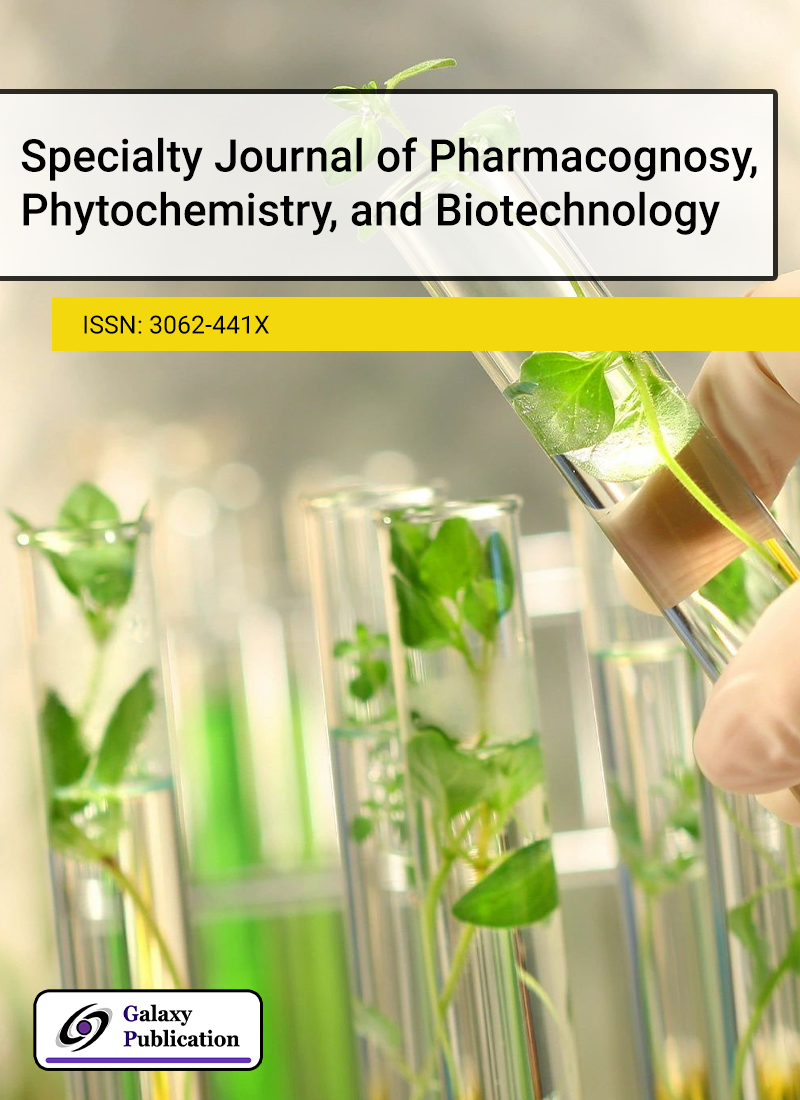
Melilotus officinalis (M. officinalis) is widely known for its anti-inflammatory, antioxidant, anticonvulsant, and anti-anxiety properties. The present study focused on evaluating the antidepressant potential of the ethanolic extract of M. officinalis fruit in a murine model. To assess toxicity, the Loreck method was used to determine the acute toxicity of the extract. Adult male mice were treated with fluoxetine, saline, or the ethanolic extract of M. officinalis. Behavioral assessments, including the forced swim test and tail suspension test, were performed, along with an open-field test to measure locomotor activity. The results showed that the lethal dose (LD50) of M. officinalis extract was higher than 5000 mg/kg. Treatment with the extract (excluding the 25 mg/kg dose in the forced swim test) significantly reduced the immobility time in both behavioral tests, while also increasing the time spent swimming without altering climbing behavior. Furthermore, no significant changes in locomotor activity were observed in the open-field test. These findings suggest that M. officinalis has a low toxicity profile and exhibits antidepressant effects comparable to fluoxetine. Further research is needed to clarify the underlying mechanisms and assess the long-term safety of the extract.